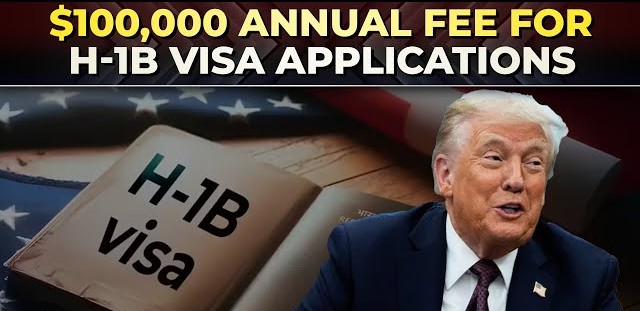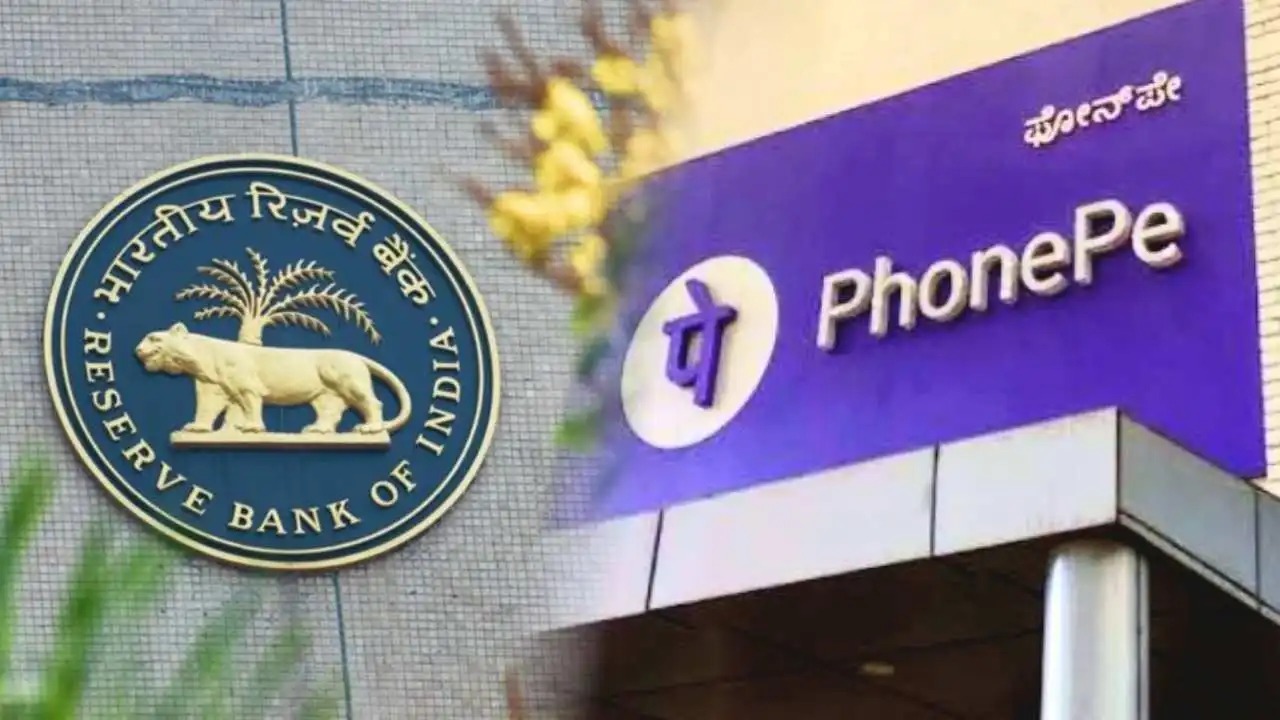
Follow WOWNEWS 24x7 on:

In a landmark move that is set to dramatically reshape the US skilled worker visa landscape, former President Donald Trump signed a proclamation imposing a hefty $100,000 fee on all H-1B visa applications starting September 21, 2025. This unprecedented fee hike targets employers seeking to hire foreign tech talent and is expected to have far-reaching consequences, especially for Indian professionals who dominate the H-1B visa category.
Key Points Of The New H-1B Visa Fee Rule
Effective September 21, 2025, every H-1B visa petition filed must be accompanied by a $100,000 fee payable by the sponsoring employer.
This fee applies to both new visa petitions and supplemental filings for existing visa holders.
The announcement is part of a wider Trump administration policy to overhaul the H-1B visa program aimed at curbing perceived misuse and prioritizing American workers.
The proclamation authorizes exemptions in the national interest and directs revisions to prevailing wage norms to favor higher-paid positions.
Additional new visa categories such as “Trump Gold Card” and “Platinum Card” were unveiled for highly skilled workers, with fees starting at $1 million.
Impact On Indian Tech Professionals And Companies
Indian tech workers, who account for approximately 70% of all H-1B visas granted, stand to face the largest disruption. The new fees substantially increase costs for US tech firms, especially those relying on Indian talent for junior and mid-level technical roles.
The $100,000 fee could make it financially unviable for companies to import tech workers under traditional models, pushing firms to rethink hiring strategies.
Indian IT giants such as TCS, Infosys, Wipro, HCL, and Cognizant are expected to scale back US deployment of tech staff or shift work offshore.
For individual H-1B holders, the fee could consume a large share of salaries, potentially discouraging renewal and new applications.
The policy may also impact Indian STEM students intending to stay in the US after graduation on H-1B visas.
Broader Implications For US Tech Industry
Industry experts warn that the fee hike could undermine America's global leadership in technology and innovation by restricting access to needed talent.
Startups and smaller companies relying on skilled international workers could face crushing costs, reducing competitiveness.
BigTech firms like Amazon, Microsoft, and Meta, which collectively received tens of thousands of H-1B visas in 2025, may not be able to absorb these increased fees without cutting back hiring.
Critics argue this move may disrupt important research collaborations and long-term projects heavily dependent on foreign specialists.
Government Rationale And Response
The Trump administration framed the fee hike as a necessary measure to protect American jobs and ensure that only the highest-skilled and best-paid foreign workers enter the US workforce.
Officials cite concerns about "abuse" of the H-1B system where companies allegedly use inexpensive foreign labor to displace Americans.
Commerce Secretary Howard Lutnick stated the aim is to reward companies hiring top talent while investing in the domestic workforce.
Legal Challenges And Future Outlook
The proclamation faces imminent legal battles as immigration advocates, tech companies, and affected workers contest the magnitude and implications of the new fee. Implementation logistics and exemptions remain under review by relevant government departments.
Businesses are urged to prepare for significant operational shifts, exploring nearshore hubs or remote work models.
Indian professionals are closely monitoring developments, with many contemplating options in other countries or repatriation.
The visa policy will be subject to judicial scrutiny and possible modifications based on court rulings.
Summary
Trump’s $100,000 annual H-1B visa fee marks the steepest cost increase in the history of the US skilled worker program. It threatens to disrupt the livelihoods of thousands of Indian tech professionals and remodel the US tech and service industry hiring ecosystem. As the fee takes effect, the industry braces for widespread impact on immigration, talent flow, and innovation.
Sources: Reuters, Hindustan Times, Bloomberg, NDTV, India Today, Business Today


